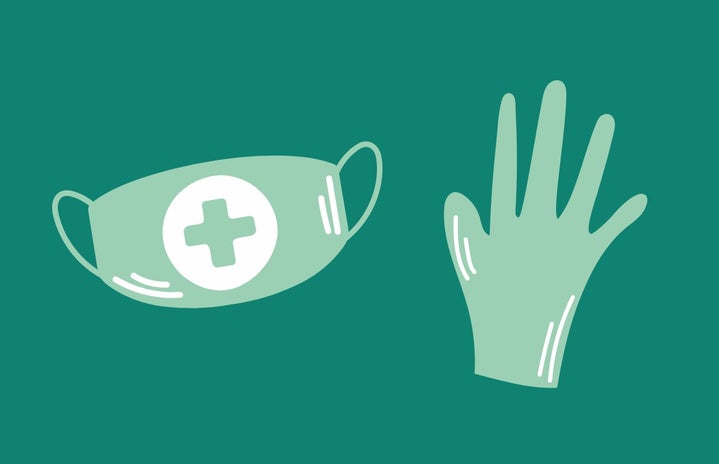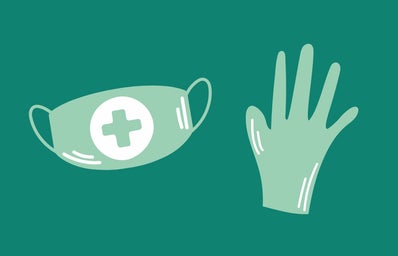As the year mark of the Coronavirus pandemic approaches, health officials continue to work to bring control. The first COVID-19 vaccinations began in December and have slowly continued to be administered. This is the first step of many that are necessary to control the virus. Health professionals are now looking at how to prevent death in high-risk patients infected with the coronavirus. They are looking towards monoclonal antibodies as the answer.
The Federal Drug Administration defines monoclonal antibodies as proteins that mimic the immune system’s ability to fight off the coronavirus. These antibodies neutralize the virus. This is the same treatment that has been used for years for cancer and autoimmune disorders. However, this is a relatively new treatment for infectious diseases. As for the newly mutated virus, the two versions of monoclonal antibodies effectively neutralize it as well. Still, officials claim that the antibody treatment is not being used nearly as much as it should because of the challenge it is to provide it.
Less than 10 percent of the available monoclonal antibodies available have been used. This is partially because infectious patients must be kept separate from others that are not infected. Many hospitals have run out of space and resources to manage all of the patients separately and their needs. Furthermore, the treatment takes about an hour, and then the patient needs to be monitored for another hour. This further complicates the need for the time and space to administer the treatment. It also takes a while for the body to replicate the antibodies administered and for them to take effect. Another challenge is that it must be used immediately. It is recommended that it be administered as soon as someone has tested positive, but they cannot be hospitalized or require oxygen. This presents a challenge as most people wait days to get tested. Even those who get tested quickly still need days to get results.
The monoclonal antibodies were approved for emergency use by the Federal Drug Administration in November. However, with Biden forming a new plan for the pandemic, it is unclear if these will be prioritized as a treatment and how much more will be made available in the coming months. Eli Lilly and Molly McCully, the creators of this treatment, are now focusing on outreach to make this treatment known. They hope that with more awareness, doctors can use it more and save more lives. The treatment is free to patients who are 65 years or older or have conditions that make them high risk, such as diabetes.
Despite all this, there is some discord over the effectiveness. Some doctors claim there is not enough evidence to support nor disapprove of the treatment. Meanwhile, others claim that there is nothing to lose when trying to find new treatments when one considers how many lives are being lost every day. The government has set up three distribution centers in Arizona, California and Nevada with hopes to speed up the process. More data and information is needed, but many health officials are looking at the monoclonal antibodies as a light in the tunnel.
Want to see more HCFSU? Be sure to like us on Facebook and follow us on Instagram, Twitter, TikTok, Youtube and Pinterest!





